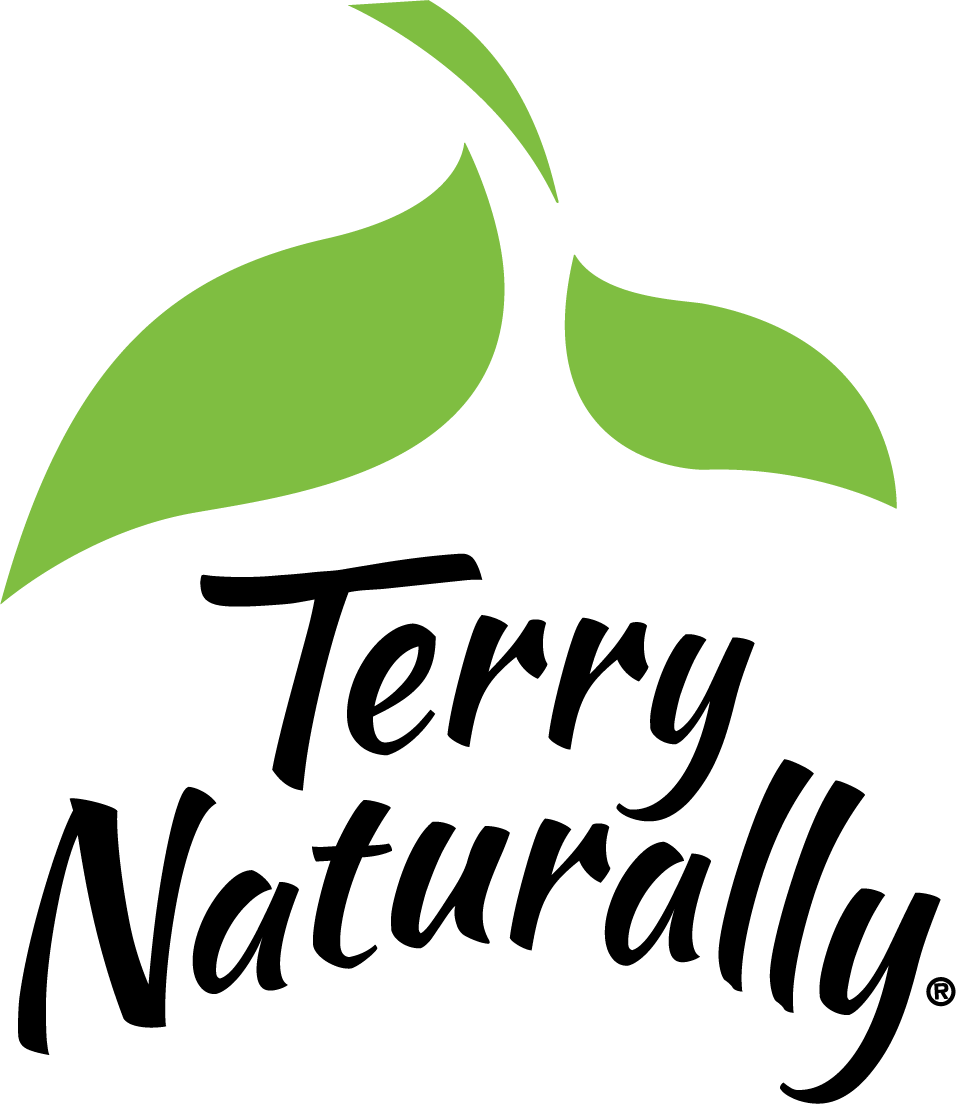If you have acute or chronic digestive issues, muscle pain, or are at risk of cancer, you may be surprised to learn that enzymes can actually address all these concerns. Pancreatin—pancreatic enzymes— provide protease, lipase, and amylase. When combined with trypsin, chymotrypsin, bromelain, and papain, they have wide-ranging actions:
• Relief of gas, bloating, diarrhea, and heartburn
• Improvement in nutrient absorption
• Reduction in muscle pain and improvement in exercise recovery
• Inhibition of cancer, reduction of tumor growth and systemic inflammation

Digestion Shouldn’t Be Uncomfortable
If you feel uncomfortable after meals, you might want to blame your heartburn and other digestive problems on too much stomach acid. But I believe the opposite is true—more people have problems with low stomach acid than with too much stomach acid. Without acid, digestion cannot function properly; you won’t absorb the nutrients from your food, you’re at increased risk of bacterial or viral infections, and you’ll experience a host of problems, including gas, bloating, indigestion, heartburn, and constipation or diarrhea.
If partially digested proteins enter the bloodstream (a condition called “leaky gut”), you could be at greater risk for irritable bowel disease, rheumatoid arthritis, and even cancer. The negative consequences of neutralizing stomach acid cannot be overstated.
Instead of focusing on suppressing stomach acid, consider adding enzymes to improve your digestion instead. Digestive enzymes don’t reduce your stomach acid. They simply help your body break down the foods you eat more completely and efficiently. And because you are digesting food properly, you will not feel uncomfortable.
For Muscle and Anti-Inflammatory Support
Enzymes aren’t just for digestion. Proteolytic enzymes, including protease from pancreatin, bromelain from pineapple, and papain from papaya also have powerful anti-inflammatory abilities. Taken between—not with—meals, they relieve pain, reduce muscle damage, and speed recovery.
In addition to anti-inflammatory actions, proteolytic enzymes also break down excessive fibrin, a blood-clotting protein that is helpful for small scrapes but can slow healing in cases of more serious muscle damage.
A combination of supplemental enzymes, including pancreatic enzymes, bromelain, papain, trypsin, and chymotrypsin, was tested against a placebo for muscle recovery after downhill running. Running downhill—as opposed to running on a flat track—puts more stress on the knees, ankles, and muscles. This is the form of running used in clinical and scientific evaluations of muscle soreness and recovery.
This study found supplementing with enzymes resulted in a much shorter recovery time and less muscle pain, and that enzymes can heal muscle damage and reduce the post-exercise stiffness and muscle soreness that often follow intense physical activity.
Enzymes are useful for alleviating chronic conditions, too. A combination of bromelain and trypsin were part of a protocol for relieving pain due to type 2 diabetes, knee osteoarthritis, excessive fatigue, psoriasis, and generalized joint pain. During the course of treatment, participants saw lower inflammatory C-reactive protein levels and fewer joint or pain symptoms. Patients with osteoarthritis reduced their use of non-steroidal anti-inflammatory drugs (NSAIDs) by 75 percent— an impressive result.
WHICH SUPPLEMENTAL ENZYMES ARE BEST?
I prefer full-strength, undiluted pancreatic enzymes (10x) that can provide you with noticeable relief for digestive issues, muscle soreness, or systemic inflammation. Pancreatic enzymes can be classified into three basic categories:
PROTEASE DIGESTS PROTEINS: Protein-digesting enzymes are key for helping the body assimilate proteins that build muscle. Supplemental pancreatin from animal sources provide enzymes with virtually identical actions to our own pancreatic enzymes.
LIPASE DIGESTS FATS: Lipase is especially helpful for getting the most from omega-3 fatty acids & fat-soluble nutrients.
AMYLASE DIGESTS CARBOHYDRATES: Amylase can help your body pull nutrients, including B vitamins, from complex carbohydrates.
What about Plant Based Enzymes?
While the majority of human health studies have been done on animal sourced enzymes, there are two plant enzymes – bromelain from pineapple and papain from papaya – that show promise. Both can ease digestive issues and relieve muscle pain or systemic inflammation.
Beyond Digestion and Muscle Pain:
PANCREATIC ENZYMES FIGHT PANCREATIC CANCER
The use of pancreatic enzymes for reversing tumor growth and cancer development has a fascinating history. One of the pioneers of the practice, Dr. William Kelley, started his own course of treatment after being diagnosed with inoperable pancreatic cancer. He was told he had very little time to live, so he began his own nutritional protocol, which included a strict dietary regimen, detoxification, and supplemental pancreatic enzymes. Dr. Kelly chose animal-sourced pancreatic enzymes because they are the closest in structure to our own enzymes and are more readily utilized by the body
It worked brilliantly. Dr. Kelley recovered and helped many others with what conventional medicine had considered “hopeless” cases with very little chance for survival. Dr. Kelley saw one of the body’s primary defenses was pancreatic enzymes and believed they were a crucial factor in ridding the body of cancer. They not only help the body properly digest proteins, (which, after all, help build the cells), but they also help dissolve fibrin—the same protein that creates damage in inflamed muscle tissue. In this case, the protease in pancreatin stops fibrin from forming a protective coating around tumor cells, which would prevent killer T-cells and other immune enzymes from flushing out the cancer. But thanks to the enzymes, killer T-cells can get at the cancer cells more easily, while the enzymes rid the body of cellular debris. It’s a partnership that works remarkably well, as follow up research has shown.
Dr. Nicolas Gonzalez conducted a further clinical study to recreate some of the results. In this study, patients with inoperable pancreatic cancer started a regimen of an organic food diet, a nutritional supplementation regimen, and high-dose pancreatic enzymes.
THE RESULTS WERE STUNNING:
Of the 9 that survived one year, 5 went on to survive two years, and the remaining 4 survived three years. This was far above the standard survival rates reported in the National Cancer Data Base, showing that this innovative form of treatment could make an incredible difference.
Choose Pancreatic Enzymes Carefully
The United States Pharmacopeia (USP) has set strict definitions for the level of activity for pancreatic enzymes, measured by how effectively each enzyme breaks down its targeted nutrient type. I recommend using pancreatin that is 10X—10 times—more potent than the USP minimum. Less potent pancreatin has often been diluted with salt, lactose, or galactose. I believe the best results for improving digestion and relieving inflammation come from full strength, undiluted pancreatin.
A Healthy Life Requires Enzymes
As I mentioned earlier, life requires enzymes. But often, people don’t have the levels they need to live well. In that case, potent supplemental enzymes are the right choice to get the most from a healthy diet, recover quickly from exercise, and stop the systemic inflammation that can lead to serious cellular damage. Add these essential components to your daily regimen, and I think you’ll find they will make an incredible difference.
